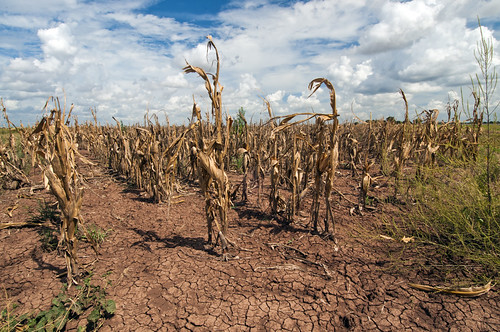More than 1,000 children under 5 die each day due to preventable diseases caused by unsafe water and sanitation (United Nations). Without access to safe sanitation methods, such as washing with soap and clean water, the likelihood of contracting water-borne or water-related diseases drastically increases. For 2.1 billion people around the world using contaminated water is the only available option (World Health Organization). Millions of people die each year because they lack the proper resources to wash hands, bathe, clean food, or cook. Rural and low-income communities in developing countries are disproportionately affected by the water crisis, and children are the most vulnerable of them all. Sustainable water filtration systems are often costly, and out of reach financially to the same communities that need it the most. Clean drinkable water is necessary in order to practice proper sanitation, hygiene, and nutrition.
Being able to wash food, water crops, and clean cooking instruments safely should not be a luxury, especially when it can mean life or death. Children under 15 die almost three times as often due to diarrhea linked to unsafe water and inaccessible sanitation and hygiene facilities, than from conflict and war (UNICEF). Crumbling government infrastructure only exacerbates the crisis, making safe water even more difficult to find in already at-risk communities. Agricultural pollution created in order to feed an ever-increasing global population causes local surface water sources to be even more dangerous for rural farmers. Even in wealthy countries like the United States, water access continues to be an issue, such as the 2014 Flint, Michigan water crisis. Water scarcity already impacts 40% of the global population and is projected to rise (United Nations). Given the lack of progress and worsening circumstances, the UN is beginning to seriously doubt that they will be able to reach its goal of ensuring better water-access by 2030. In order to tackle this issue, we need to act now and act big. Transform Poverty Global is committed to creating new solutions to the water crisis, and there is no better time than now.
Looking for ways to help? Contact us to get involved.
Share on Social Media:

